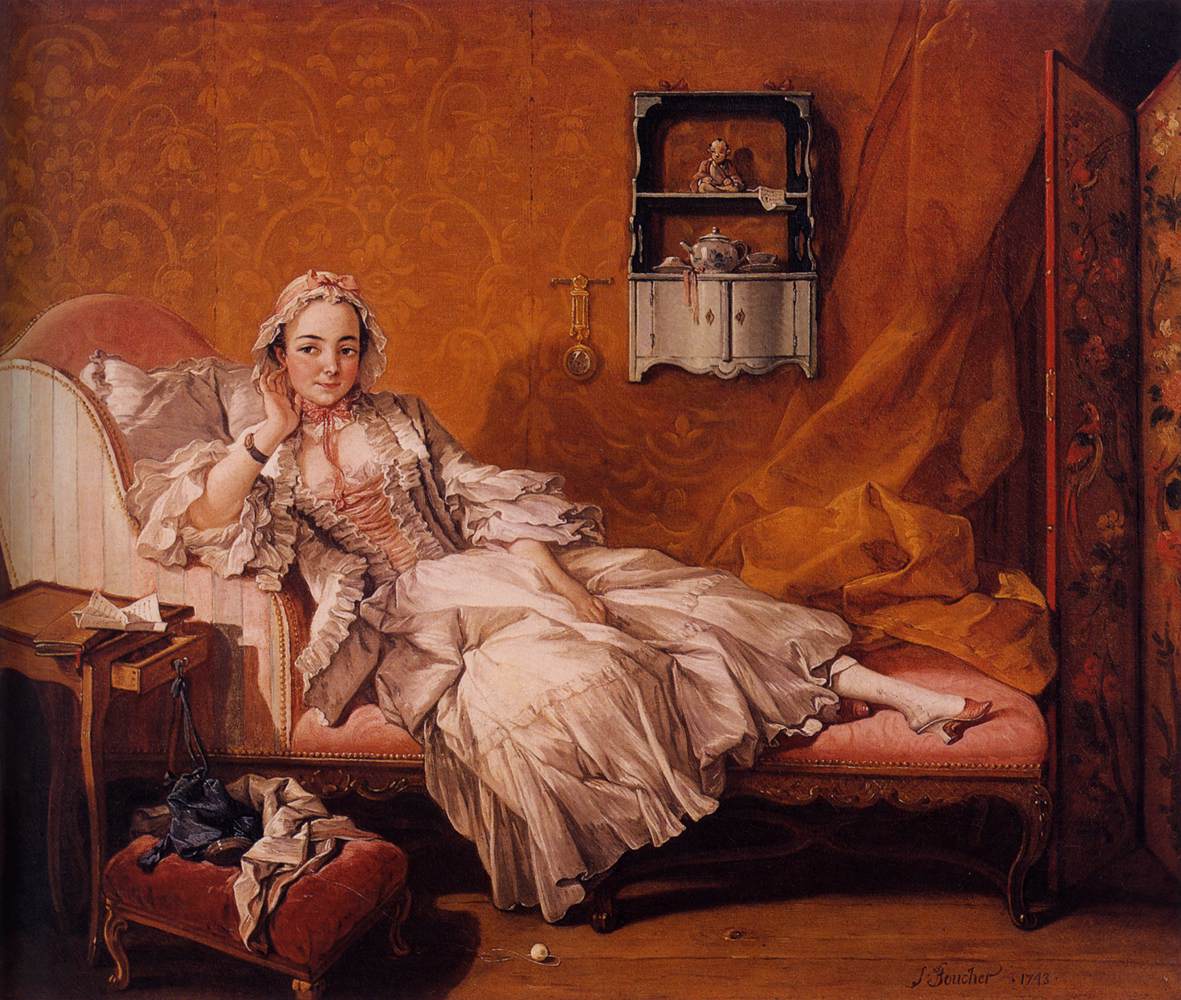I'm far more struck by this image than I am by anything that has been written about Judge Walker's gay marriage decision. And I think it's interesting and telling that Ross Douthat appears most affected by Andrew Sullivan's critique of his anti- (or at least not entirely pro-) gay marriage piece -- a critique which relies less on logical reasoning and more on pictures from Sullivan's own wedding day. In other words, appeals to emotion are winning the day, at least for me - but this fits very well with the unique conundrum I want to explore, and an understanding that I feel is growing within me every day - that as much as thought matters, and logic and reason must underlie things, ultimately what counts in life is the particular, is things (and specific people).
What I mean is that the logical and rational arguments for gay marriage just don't matter in the same way as a picture of two young men with a story. When Judge Walker "fact-finds" that gender no longer plays an essential role in marriage, I wince; it's fairly easy to attack this, using reason and logic, and indeed gay marriage doesn't depend on the idea that gender doesn't matter. (Gay people, as opposed to, say, bisexuals, are unlikely candidates to mount an argument that gender is insignificant.) There are plenty of valid points to be made against imposing gay marriage from the bench that can only be discredited if one rejects the conservative temperament outright. People who already supported gay marriage hailed Walker's opinion as brilliant; people who already opposed gay marriage called it stunningly arrogant. I don't think anyone changed his mind. The trial, and decision, were supposed to be about making serious arguments, submitting evidence, being logical and rational, yet I see no evidence that a single person was swayed by the judicial process.
Perhaps this is grandiose, but I really do think this points out a real problem with our reliance on "logic" and "reason" and our trusting in the scientific and, more often, the "social scientific." They don't matter. What affects people is not Reason and Rationality (because R & R depend on assumptions and values) but individuals and stories (which don't depend on assumptions and values.) When we look at the above-linked picture, with its very particular two guys celebrating and being affectionate, we cannot disavow, or explain away, or logically counterattack. The picture tells a story, and you can't write a counterargument to a story.
I realize how potentially unintellectual and even anti-intellectual it is to see the world in this way. This can lead to using children as props in political campaigns, to propaganda, to a host of evils. Certainly I think it is necessary to have intellectual arguments to support one's position. But those intellectual arguments are just necessary conditions. They must be strong and sound and not fall to pieces at the first blow, they have to be there, but they're not what really affects people and causes them to change. What affects people is stories. In other words, if something can be poked apart, logically, then it doesn't deserve attention, but logical strength is ultimately insignificant if it doesn't also manifest itself in people and things. It has to be really be there, in the specificity of individuals, of stories. Harvey Milk understood this when he said that the most important thing a gay person could do to advance the cause of gay equality was to come out.
Maybe people who oppose gay marriage look at that picture of those two guys and feel nothing - or even disgust. In other words, they have the same reaction to the picture as they do to the ruling. But I still think the picture makes a point. People's minds are most often changed when they come to know a specific person who is gay. That is the single biggest indicator of support for gay marriage. In other words, a logical argument doesn't win them over, and they aren't shattered by the rational wisdom of an enlightened gay rights activist: they are affected when they simply see and hear from and know someone who's gay. That's what matters to people, and what changes them. Opponents of gay rights increasingly rely on abstractions about marriage and the nature of human beings, and logically link gay marriage to dangers like polygamy and incest, rather than arguing about gay people themselves, because it's important for the cause of opposing gay marriage that gay people remain abstractions, or pawns in logical games that people can make turn out however they want, depending on the assumptions they make about humanity and the values they uphold.
Values are not rational and cannot be derived through reason, as Allan Bloom so devastatingly made clear. So we can argue all day and all night, and never see eye to eye. That is why photographs, and why stories, matter. A story can be wrong, and an appeal to emotion can have destructive consequences. But stories - specificity, concrete people or things - are all we have, and the battle is engaged there. Not in judge's opinions.
Saturday, August 14, 2010
Subscribe to:
Post Comments (Atom)

No comments:
Post a Comment